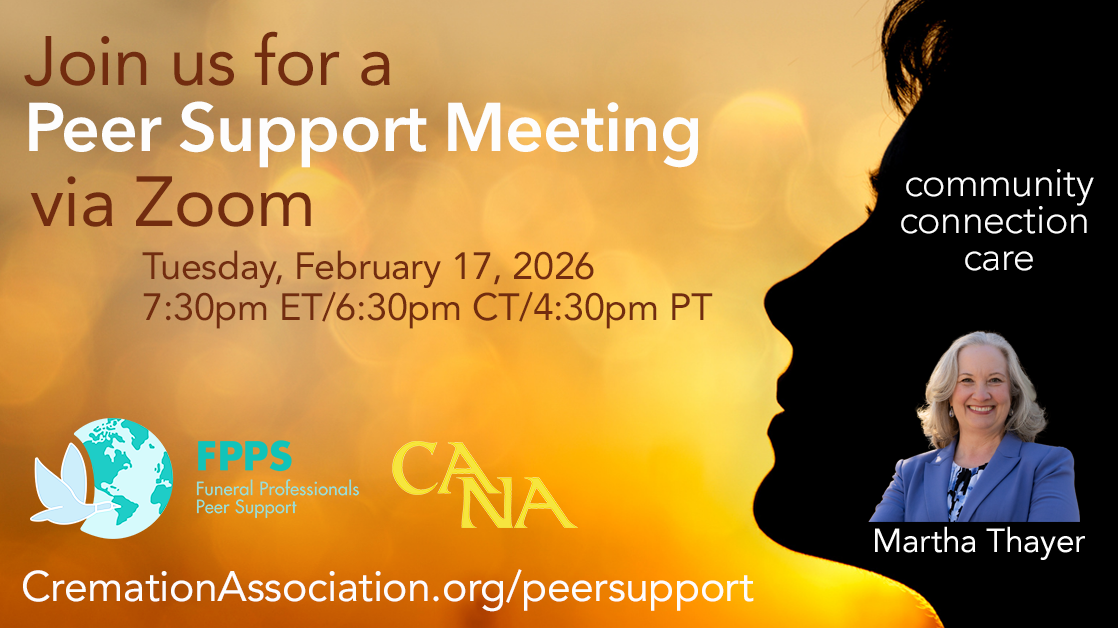Emergency Action Plans: How to Prepare for Problem Families Ahead of Time
Funerals are emotional events, and deathcare professionals learn quickly what to expect at every stage, from first contact to interment. Every funeral is different, so there’s always potential for surprise; you can’t go wrong expecting the unexpected, and nowhere is the potential for encountering the unexpected greater than in human relationships.
Life celebrations, viewings and other gatherings allow for the most opportunity specifically because they involve, by their very nature, gathered groups of people each mourning in their own ways. Such gatherings can involve hundreds of people, many of whom may be family, and many of whom might not choose to spend time in each other’s company. You can usually bank on at least a little family drama.
Given the emotionally-demanding nature of the circumstances of end-of-life events and arrangements, its not a matter of “if” such trouble spots will surface but when (or, more accurately, how often). Family conflict is essentially a built-in part of deathcare’s landscape. So, then, must be managing such scenarios and any accompanying shenanigans.
Worst things first
You can’t cover all eventualities, of course, nor should you try to. But anticipating potential issues can save time when they do pop up. A little forethought can help to make responding in the moment that much easier. This is the reason that OSHA requires all businesses, including funeral homes, to establish an Emergency Action Plan.
Most of the drama is bloodless (if sometimes loud) and typically limited to outbursts like yelling or crying, but total meltdowns do happen. Say someone ends up requiring physical restraint/stitches/an ambulance: make sure staff knows who to notify and what number to call.
Broken window during evening service? Overdose in the bathroom? Barricaded gunman? Seriously, what would you do? It takes five or ten minutes or so to consider and brainstorm action steps and who should be alerted. If you aren’t using one yet, guides for doing so exist just for funeral homes.
Once that’s out of the way
The best offense is a good defense. There’s a rabble rouser in every family; a funeral director’s role in society places them in a position to be more likely than most to run into the trouble makers. Expect the occasional spot of trouble, but know it can be handled well and promptly, then ensure adequate preparation that will allow for exactly that… and for the aftermath.
There are many kinds of resources to assist deathcare pros with the many types of emotional support which may be needed to provide any guests or families (detailed information can be found in the NFDA Emergency Action Plan guidelines for funeral homes.) Having a strong sense that you know what to do in case of volatile confrontations will help to defuse them when they come up by helping you feel prepared for them and able to effectively respond.
Each mourner is obviously grieving in their own way, and you’re in their lives for a very brief window of time; you’re not going to solve any emotional problems or eliminate the process of grieving for anyone, and it’s not the funeral director’s responsibility to provide crisis intervention. But you can provide your services and a bit of support in a critical moment and with a bit of advance preparation, perhaps diffuse a few emergencies before they can happen.
Part of this – and this is not news to anyone reading these words – entails supporting the grieving while serving as the target of inappropriate and misdirected anger, sometimes including verbal abuse and threatening or inconsistent behavior.
Those who most need the most practiced skills of the deathcare professionals will probably never accurately understand all that was required in providing their moment of closure and opportunity for goodbye. Recognition cannot always come from the place it should.
But we got you, fam.




